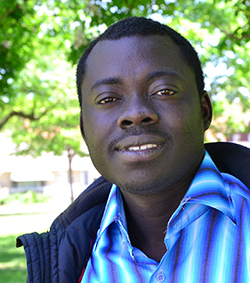"I would highly recommend this program to anyone wishing to gain a strong foundation in GIS and data, even those individuals not directly involved in the population health field. All of the courses force the student to think critically, develop time management skills, become effective data organizers, and learn to work in a virtual team towards a common goal within very tight parameters. I found all staff related to the various components of the program very knowledgeable and considerate."
